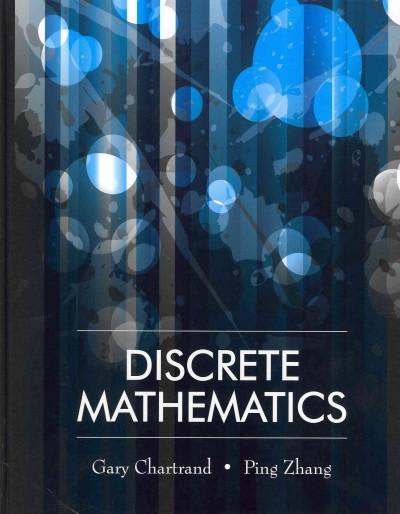Question
If the knowledge that an event A has occurred implies that a second event B cannot occur, then the events A and B are said
- If the knowledge that an event A has occurred implies that a second event B cannot occur, then the events A and B are said to be A. mutually exclusive. B. collectively exhaustive. C. independent. D. the sample space.
- (b) If event A and event B are as above and event A has probability 0.3 and event B has probability 0.4, then the probability that A or B occurs is___
For a particular large group of people, blood types are distributed as shown below. (Note that each person is classified as having exactly one of these blood types.)
| Blood Type | O | A | B | AB |
| Probability | 0.13 | 0.33 | 0.03 | ? |
3. If two people are selected at random, what is the probability that both people selected will have type O blood? A. 0.13 B. 0.0169 C. 0.26 D. None of the above.
4.) Maria has type B blood. She can safely receive blood transfusions from people with blood types O and B. What is the probability that a randomly selected person will be able to donate blood to Maria? A. 0.16 B. 0.36 C. 0.03 D. None of the above.
5. The probability that a randomly selected person will have type AB blood is A. 0.13 B. 0.51 C. 0.03 D. None of the above.
Step by Step Solution
There are 3 Steps involved in it
Step: 1

Get Instant Access to Expert-Tailored Solutions
See step-by-step solutions with expert insights and AI powered tools for academic success
Step: 2

Step: 3

Ace Your Homework with AI
Get the answers you need in no time with our AI-driven, step-by-step assistance
Get Started


